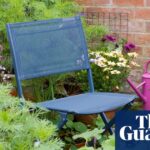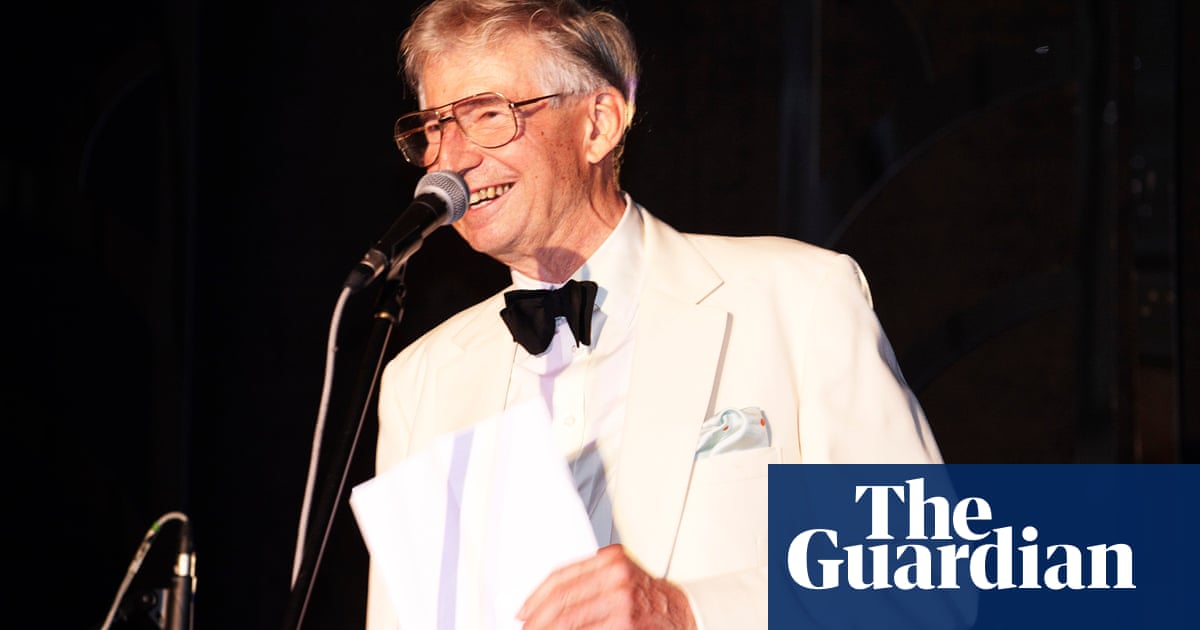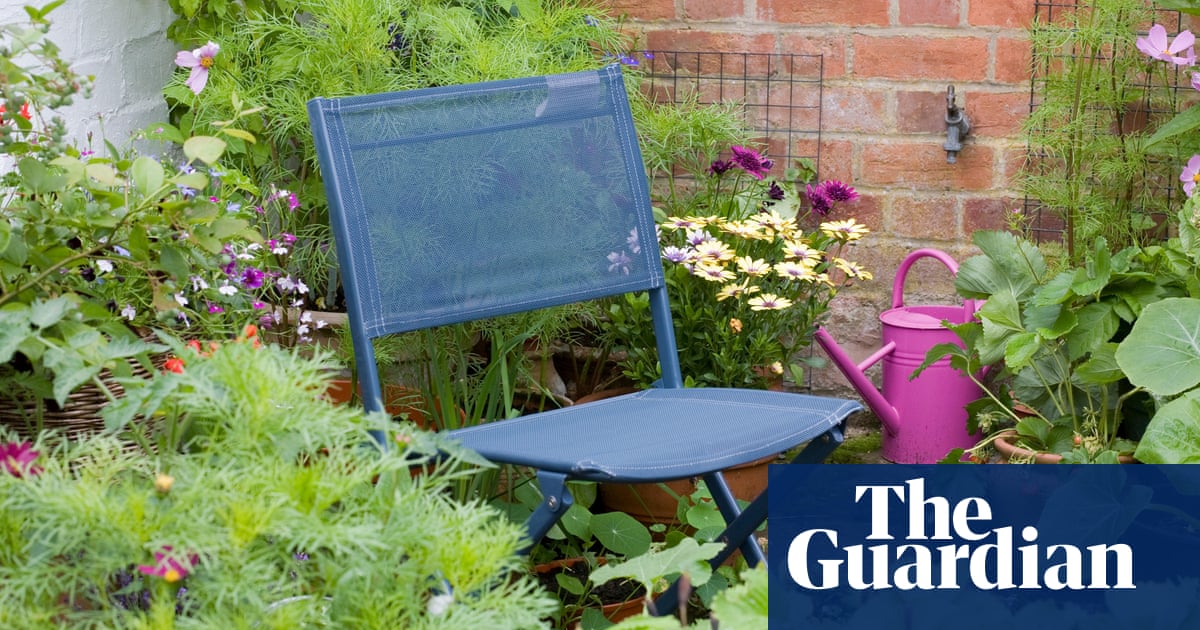Torquil Norman, who has died aged 91, was successively a naval pilot, banker and businessman, philanthropist and toymaker. He created several popular toys of the 1980s and 90s, before using his wealth and powers of persuasion to buy the then disused Roundhouse building in north London and raise £30m to restore it to a successful arts and concert venue.
In a long and varied career, perhaps somewhat at variance with his establishment background, he opened the swimming pool in the garden of his St John’s Wood home each summer for local children, set up with his wife a charitable trust to support young people, was a supporter of the anti-apartheid and anti-slavery campaigns and argued for social and political reform, national community service and constitutional change.
He was the third son of Sir Nigel Norman, a civil engineer whose firm designed London’s first commercial airport at Heston, Middlesex, close to where Heathrow is now, as well as several other prewar airfields, and Patricia (nee Annesley), Torquil’s first name being a nod to her Catholic, northern Irish roots. Nigel was a pioneer aviator and flew Torquil to Switzerland at the age of six to seek treatment for his tuberculosis. It was almost the last memory he had of his father as he and his brother Desmond were evacuated to the US during the second world war and his father was killed in an air crash on active service in 1943.
Torquil went to live with his paternal grandmother, the intrepid and pioneering travel writer Ménie Muriel Dowie, in Arizona. Back in England after the war, he was educated at Eton and Trinity College, Cambridge, where he studied economics and law and rowed in the winning boat race crew in 1957.
He had been taught to fly by Desmond and served as a pilot in the Fleet Air Arm during national service, despite being 6ft 7in tall – notionally several inches too tall to fit easily into a cockpit. This nearly cost him his life on one occasion, when his aircraft’s arrester hook failed as he was attempting to land on the aircraft carrier HMS Illustrious and, crashing on to the deck, his plane burst into flames. He managed to escape relatively unscathed.
Flying became Norman’s lifelong obsession; he owned a number of De Havilland Moths and other small planes and flew them across the Atlantic and in Australia. He kept them at an airfield in Gloucestershire co-owned with Nick Mason of Pink Floyd.
After graduation, Norman became an investment banker in New York, then London, before starting a venture capital company investing in small businesses, one of which was the Berwick Toy Company, which he helped to turn into one of the largest in Britain. He found that he was good at imagining and devising toys. It was said that he combined attention to detail with the outlook of a seven-year-old, and when he was ousted in a boardroom coup in 1979, he set up a company of his own, Bluebird Toys. It was a case of necessity, with five young children to support, after he discovered that the family bank account had been emptied of £40,000 by his wife’s philanthropy to good causes.
Interviewed on Desert Island Discs in 2010, Norman said: “I loved designing toys and the kids were a very good research team, and I suddenly had an idea for a toy which turned into the Big Yellow Teapot.” Earlier, Norman had bought and renovated a coach for taking the family on holidays, complete with bunk beds and space for a boat on the roof and motor scooter on the back and that transmogrified into another toy idea: the Big Red Bus.
The Big Yellow Teapot was followed by the Polly Pocket series of small, compact dolls’ houses and branded plastic lunch boxes. Within 10 years the toy company was one of the largest in the UK, its brands licensed to the US manufacturer Mattel, which eventually bought Bluebird for nearly £100m.
With some of the proceeds Norman and his wife, Anne, set up their charitable trust to help young people. When he saw that the Roundhouse in Camden – originally a Victorian railway train turntable building that had been set up as an arts centre in the 60s but was rundown – was up for sale, he bought it for £3m and set about raising a further £30m to renovate it. The project took 10 years and about £7m of his own money, but the building is now a successful arts venue and training centre.
Asked what he would like to recognise his achievement, Norman requested that he should have a dry martini whenever he visited an event there – the bar where it is served is called Torquil’s.
Even into old age and what he described as his fifth retirement, Norman was still trying ideas and inventions, the last being the Ox, a flat-pack truck designed for assembly and use in developing countries. He told Kirsty Young on Desert Island Discs that in life he was not content to rearrange the deck chairs, he wanted to redesign the ship. In 2010 he published a book called Kick the Tyres, Light the Fires as a manifesto for social and political reform.
Norman married Lady Anne Montagu, an artist and the daughter of the 10th Earl of Sandwich, in 1961. The couple, who originally met on a parachuting course in the US, had five children in seven years, one of whom is the Conservative MP Jesse Norman.
Anne died in 2005 after suffering from Alzheimer’s for 13 years. Norman is survived by his partner, Iga Downing, an osteopath, and his children, Jesse, Casey, Lulu, Caspar and Amy.










